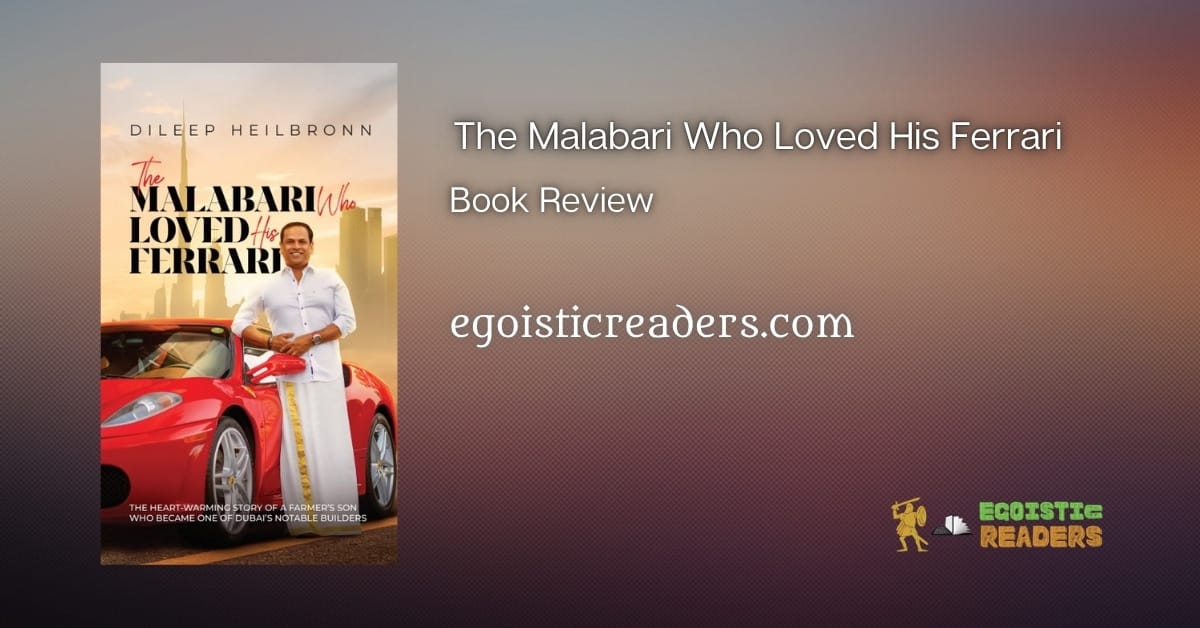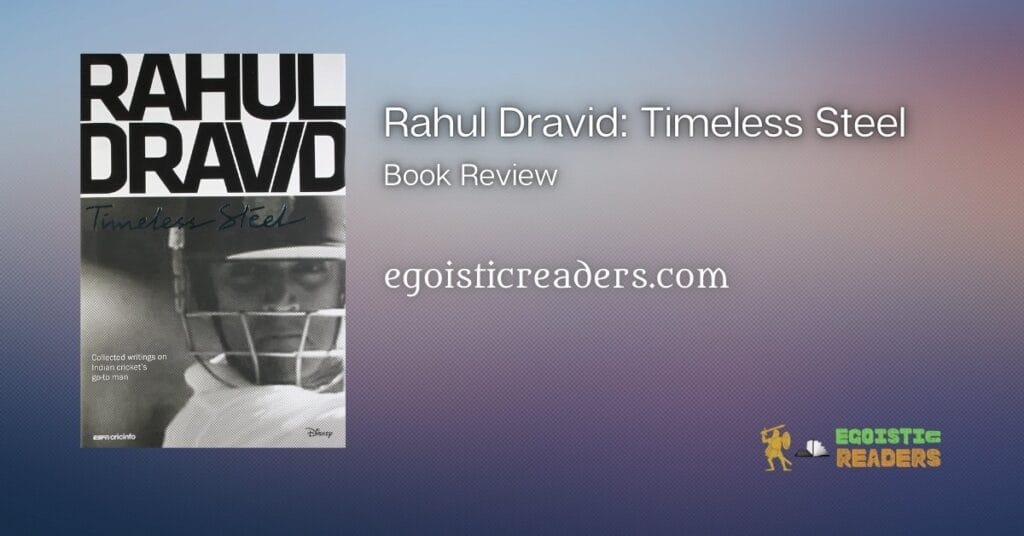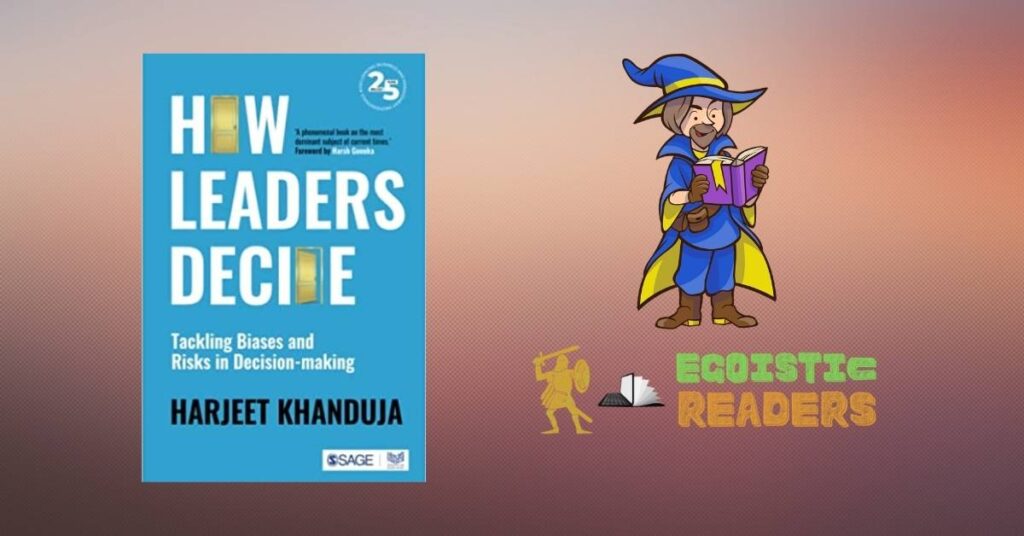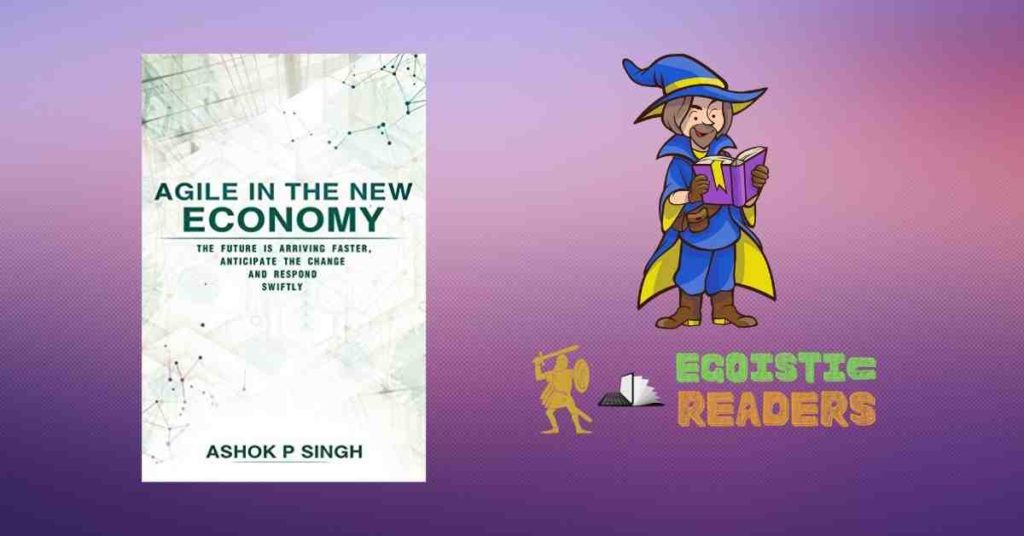When I picked up The Malabari Who Loved His Ferrari by Dileep Heilbronn, I was expecting an inspiring success story, the usual rags-to-riches arc we have all grown accustomed to. What I discovered instead was something far more personal, layered, and surprisingly intimate. As a young entrepreneur just beginning to navigate the labyrinth of ambition, sacrifice, and uncertainty, I found this book to be both a mirror and a map. Dileep’s journey resonated with me not because of the magnitude of his achievements, but because of the sincerity with which he narrates the process—the small, almost invisible decisions that become turning points, the moments of quiet resolve, the hesitations and the heartaches.
Dileep’s decision to head to Dubai with nothing more than ten dollars and a head full of dreams struck me with particular force. That kind of leap is not uncommon in entrepreneurial lore, but what set his story apart was the humility and preparedness with which he embraced it. He didn’t carry bravado, he carried belief. Reading his early reflections—his touching the tarmac of Dubai as a form of reverence, his absorbing of punctuality and discipline from the city itself—made me realise how success begins not with resources but with reverence for learning. I often think I need more capital, more connections, but Dileep’s story nudged me to look inward. What I need is clarity of intention and the discipline to match it.
There are countless moments in the book where I found myself pausing, re-reading, and quietly taking notes. His philosophy, that real education often occurs outside the classroom, through interactions with seasoned professionals and raw experiences, is something I have always felt but never seen articulated so convincingly. As someone still trying to find my place in the professional world, this perspective felt deeply affirming. His emphasis on observing others, staying humble, and letting consistency speak louder than showmanship is a powerful lesson in a time where visibility is often mistaken for value. I found myself appreciating the quiet dignity with which Dileep handles success—and even more, how gracefully he handles pain and failure.
One of the most beautiful aspects of the book is how he frames family not as a static responsibility but as a dynamic source of strength. I was particularly moved by the way he supported his son Gautam’s decision to study and work in Dubai rather than choosing the more glamorous option of London. The trust he showed in Gautam’s maturity, the advice he gave him to outperform his managers and learn from nature, and the mutual respect between father and son made me reflect on my relationship with my parents. Dileep’s parenting philosophy is both progressive and rooted in tradition. He urges young people to forge their paths, to earn their fulfilment, and not to expect their parents’ wealth as a guaranteed inheritance. This attitude reminded me that legacy is not about the assets we leave behind, but the values we instil through our actions.
Professionally, Dileep’s story of founding and expanding Heilbronn is filled with subtle wisdom. There are no tall claims or exaggerated successes. He recounts decisions made under pressure, challenges faced during business expansions, and even moments of ethical dilemma. What makes it powerful is the tone—steady, reflective, and honest. When he speaks of building the family home in Emirates Hills, he doesn’t just list out the opulence. He speaks of the emotional satisfaction, the coincidences that felt like fate, and the pride of having created something meaningful for his family. As someone who often measures achievement in numbers and growth charts, this part of the book gently reminded me to measure success also by the quality of life it makes possible.
What surprised me most was how generously Dileep shares his memories. He revisits his past not just with nostalgia, but with a sense of responsibility. The chapter where he reconnects with Pramod, a long-lost school friend who had fallen into hard times, touched me deeply. Their reunion, after 30 years, and Dileep’s immediate willingness to help reaffirmed my belief in long-term human commitments. His meeting with Kuttettan, the roommate who had dreamed of entering the Oberoi Hotel, is another moment of emotional triumph that reminded me of the importance of fulfilling not just our dreams, but also of remembering the dreams of those who once stood beside us. In these narratives, Dileep doesn’t place himself on a pedestal. He is not a saviour. He is simply a friend who shows up, even when time and distance have intervened.
Another dimension I appreciated immensely was how Dileep handled personal vulnerability. His account of receiving a letter from his ex-wife, full of regret, apology, and a strange kind of tenderness, was striking in its maturity. His decision not to write back directly, but to acknowledge the gesture through their children and provide her with a place to stay out of respect, speaks of an increasingly rare dignity. He says not only of maintaining civil ties, but also of nurturing the emotional ecology within which his children are growing up. As someone who is not yet a parent but hopes to be one someday, this part made me think hard about the kind of man I want to be, not just in professional circles, but in deeply personal spaces.
I would like to mention the visual aspect of the book. The presence of photographs made the stories leap to life. They added faces to names, turned memories into shared moments. Seeing Dileep in traditional attire beside his Ferrari, set against Dubai’s glittering skyline, captured everything that words often cannot—the contrast, the journey, and the cultural synthesis. The photos are not vanity pieces. They are memory tokens that bridge the narrative and the reader’s imagination.
Toward the end of the book, when Dileep reflects on those he has lost—Babu, Prakash, and the others—there is no lament, only gratitude. His acceptance of loss, his silent companionship with nature, and his enduring hope for continued contribution moved me deeply. He writes not with the exhaustion of someone who has finished the race, but with the calm anticipation of someone who knows that every day, even the quiet ones, holds potential for significance. His hope that the book will inspire the next generation and the decision to donate its proceeds to charity reinforce the book’s central value: live fully, give generously, and remember always.
If I had to summarise what I gained from this book, it would be this: that success is not defined by what we acquire, but by who we become along the way. Dileep Heilbronn’s life reminded me that entrepreneurship is not only about business models, funding rounds, or market trends. It is also about remembering your old roommates, keeping your promises, respecting your roots, and treating others with unwavering dignity and respect. As I continue to chase my goals, this book will remain a companion—quiet, wise, and enduringly human. I recommend it not just to entrepreneurs, but to anyone who is building something—with their hands, their heart, or their hope.
Get a copy from Amazon India – click here.
Review by Chandan for Egoistic Readers
..





1 Comment. Leave new
You have summed it up nicely… will surely check it when I have time on the weekends. Sounds like a readable book all the way.